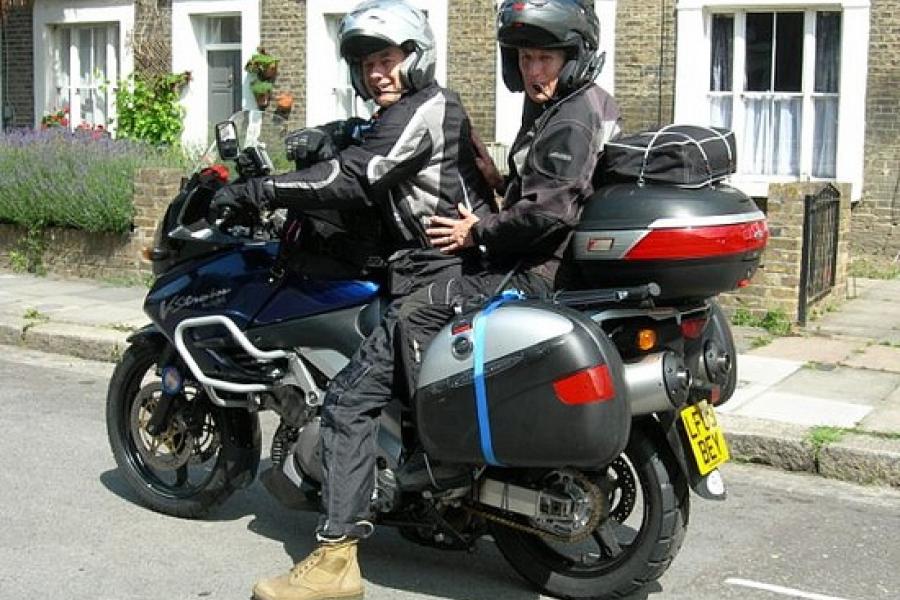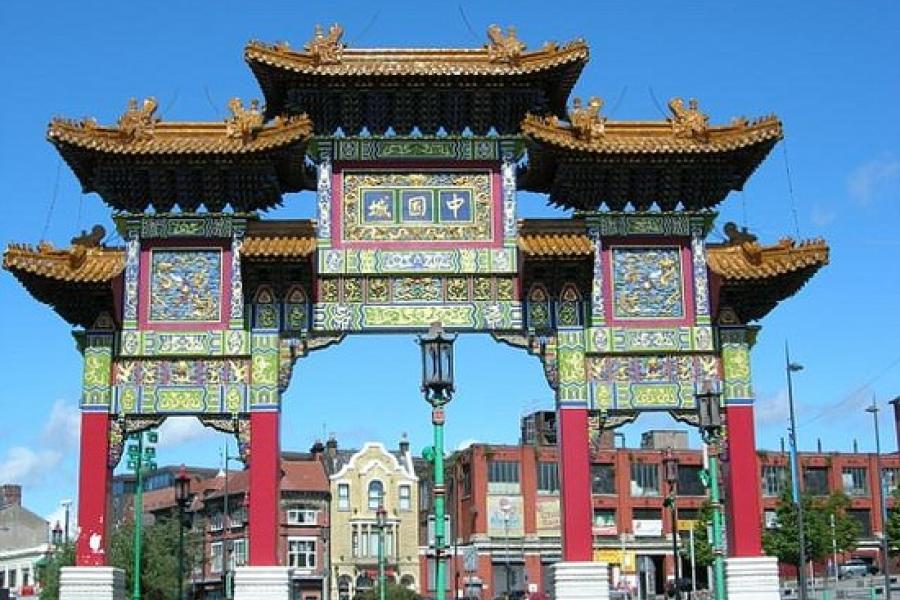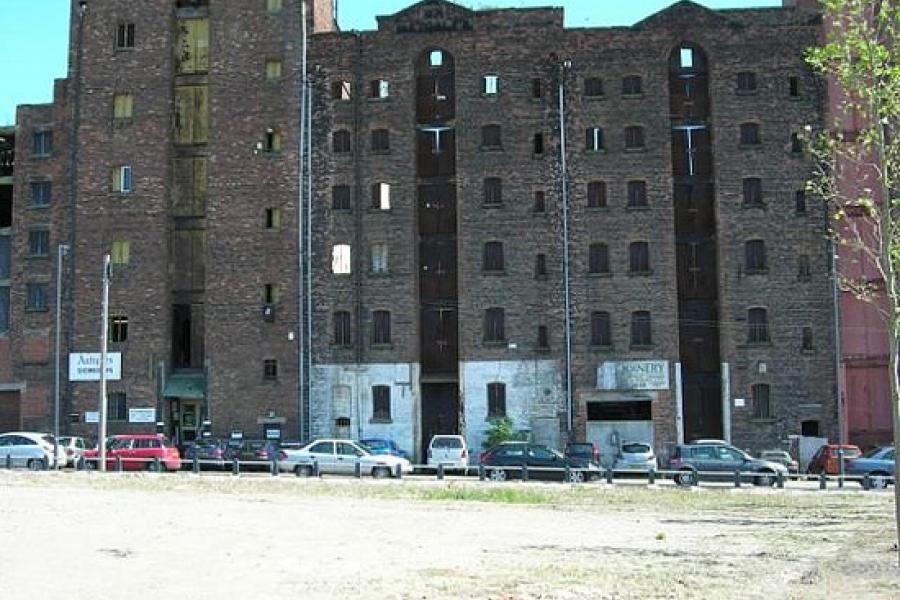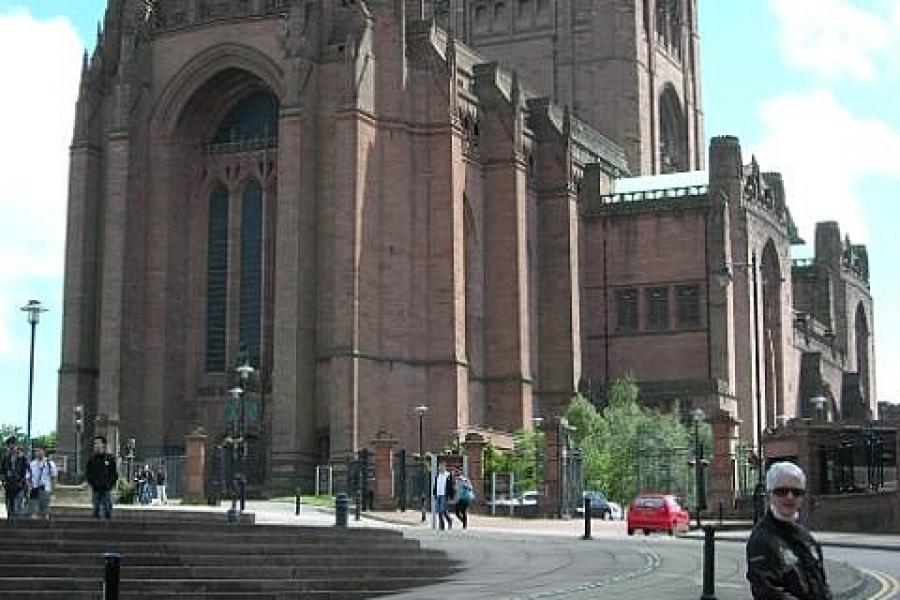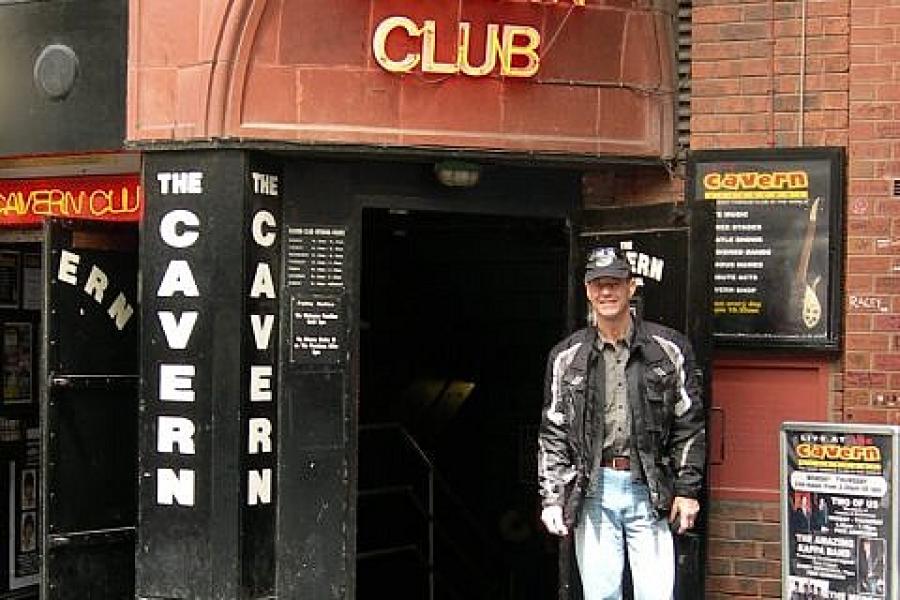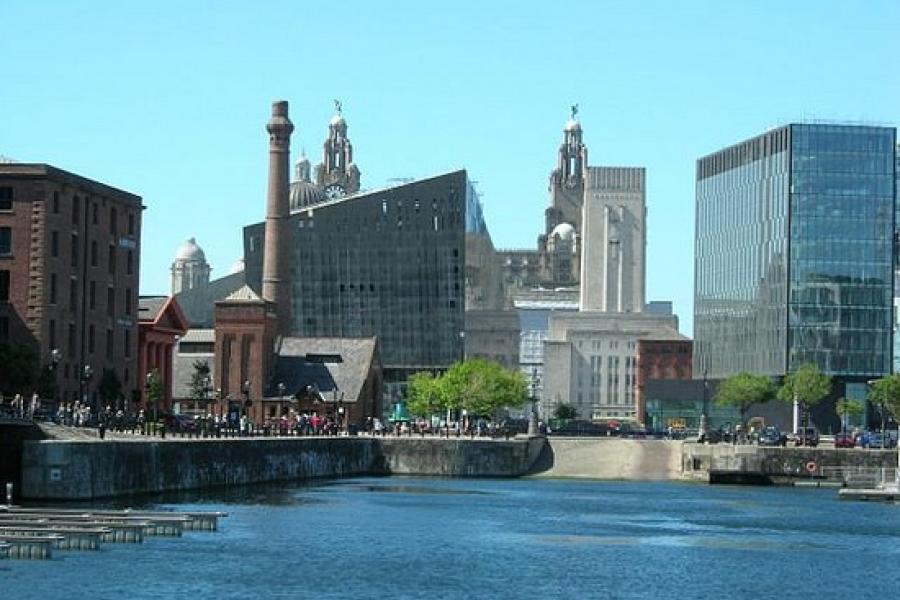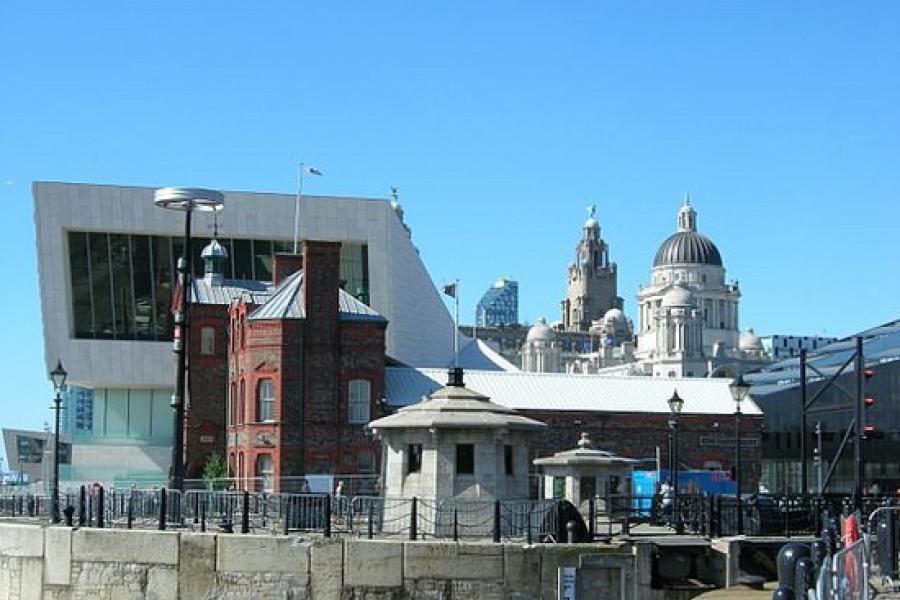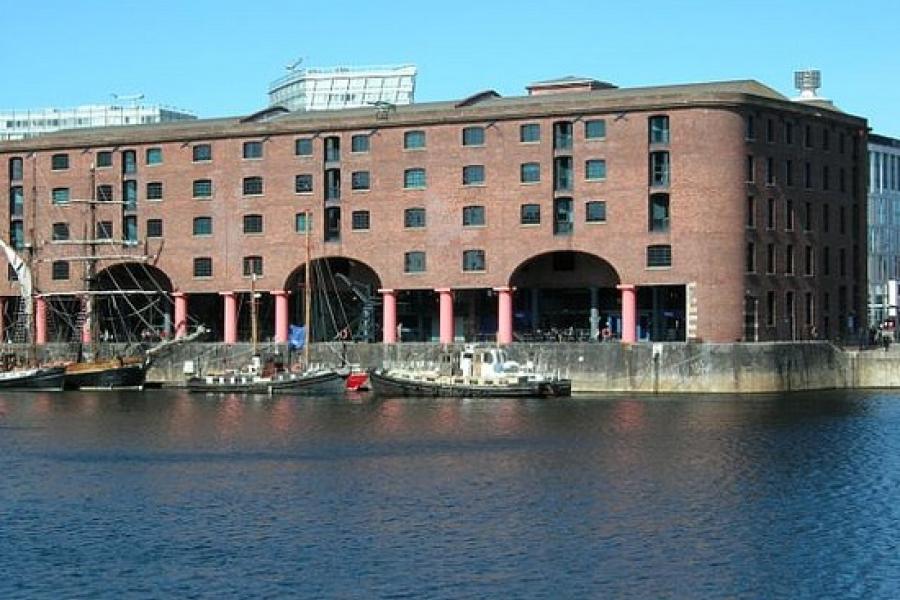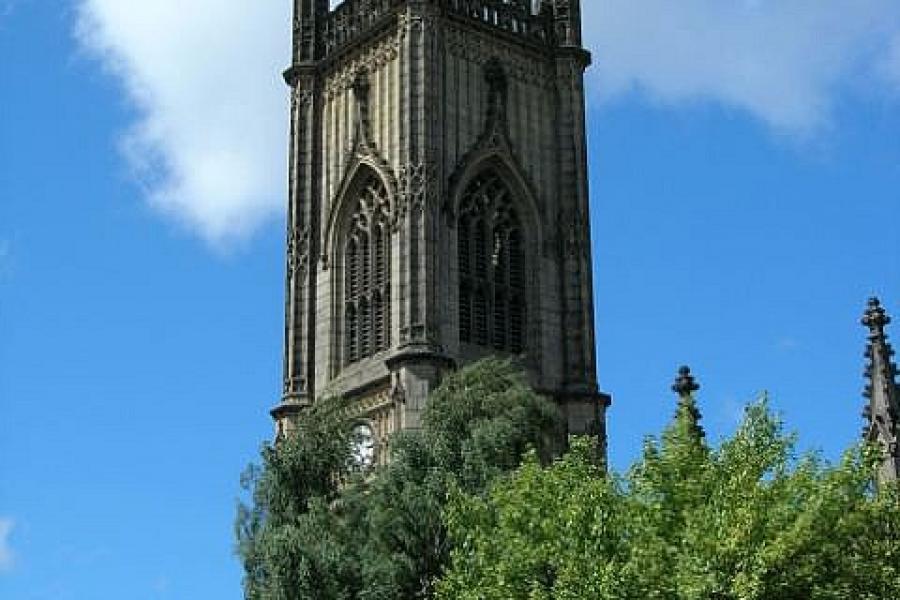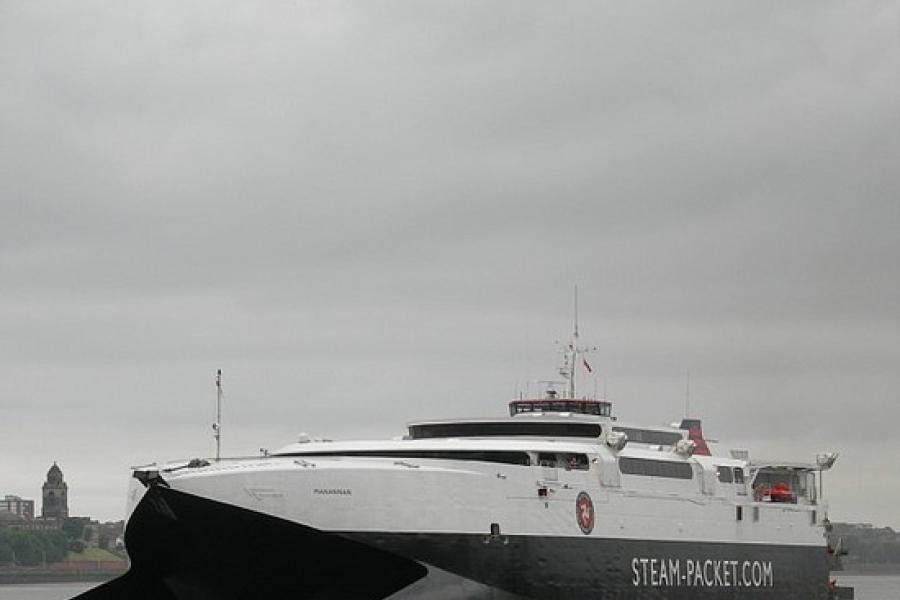The Ferry (this blog was originally posted on 6 June 2011 on Travelpod)
Country
The annual motorcycle races on the Isle of Man known as the Tourist Trophy or TT are legendary. First run in 1907 and won by Charlie Collier on a Matchless, the race was for many years the most prestigious motorcycle race in the world championship. It was and remains, however, extraordinarily challenging and dangerous. The difficult 54 km course takes years to learn. It runs on public roads along country lanes and through towns and villages with no safety run-offs and no room for error. More than 260 racers have died in the TT and many hundreds of others have been seriously injured. Only the very brave will race at the Isle of Man.
The race lost its world championship standing in 1976 after a rider revolt led by 11 times world champion Giacomo Agostini who had lost his close friend Gilberto Parlotti in a race in 1972. But this was not enough to end racing on the public roads of the island. The format was changed to accommodate the faster modern bikes and the riders and fans continued to gather each year.
I had grown up on stories of the TT. The great racing heroes of my boyhood, Agostini and Hailwood, were both TT champions during the golden era of TT racing in the 60s. This was the twilight of European dominance of motorcycle racing. Going to the TT has always been, for me, a pilgrimage; a journey that needed to be taken for the sake of my soul.
Whatever I felt about it at that personal level, Jo and I had plenty to do to get organised for this part of our journey. Our Suzuki motorcycle (which Jo has started to call Suzie) needed a good working over after six months languishing under a bush in London. New tyres were fitted by our local bike shop, Lazer Motorcycles at Camden, the luggage fit was improved and adjusted, and we rushed around to make a dozen small purchases to get back on the road.
By the time we rolled out of London on a sunny and warm 30th of May, Suzie looked neat and tidy and felt good on the road. The weather, as English weather does, deteriorated quickly before we were free of London and left us with a four hour freeway transit in heavy rain and biting cold. We had an overnight stop in Shropshire to visit a cousin from my father's side of the family, before pushing into Liverpool. The best advice we had been given was to avoid Liverpool as far as possible. It was, we were assured, a run-down rust belt town, grim, depressed and congested. Imagine our surprise when we had an easy run into the centre and found a modern, renovated city alive with people, welcoming and safe. We explored the city on foot and found the famous Cavern where the Beatles had their start. I was always a Stones man and found the Beatles a bit twee, so this was no great highlight for me, but I had my photo taken manfully out the front. We couldn't come at the Beatles cover bands that played to the tourists in the surrounding pubs and bars.
The Liverpool cathedral on the edge of the central district is a huge, dark, brooding edifice that does nothing for the city. Inside, a handful of chairs, lost on a plain of marble floor, cater to the congregation. It is, like most of these places, just emptiness. An older cathedral that had been bombed during WWII had been left unrestored, apparently to provide useful shelter for the homeless. Along the waterfront, a new convention centre, offices, a museum and attractive apartments had taken up the disused industrial land. It seemed to us that this would have been a wonderful place to live especially since the southern bank of the river was still a maze of docks, slipways and shipyards and there are few things better than a view over a working port. The constant movement of ships and tugs, the distant hustle and the constant reminder of an exotic seafaring life beyond the port provide a much more interesting view than an unchanging vista.
Of course, we didn't have to walk far outside the renovated centre to find depressed housing and derelict industrial sites but to focus on these would be to miss the point. Liverpool, it seemed to us, was far from spent and has plenty of good days ahead.

